detail profile javier maldonado
Peran Yang Di Mainkan Javier Maldonado
 Gastn Fernndez has arrived at 34 without...
Gastn Fernndez has arrived at 34 without...For Rent 2005
Gastón Fernández has arrived at 34 without too much to show or brag about. He has no money, job, girlfriend, friends or life plan. He's a composer that doesn't compose. The one-time "most likely to succeed" at Santiago's Musical Conservatory has passed from promise to failure. He feels he is beginning to wander alone. Isolated and detached. Gastón feels that everyone judges him and see the word loser tattooed on his forehead. At the same time, an alter-ego, a sort of doppelgänger, haunts him.
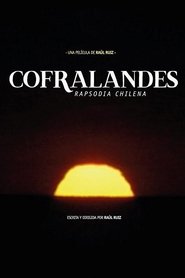 An experimental fourpart 2002 FrancoChilean digital video...
An experimental fourpart 2002 FrancoChilean digital video...Cofralandes, Chilean Rhapsody 2002
An experimental four-part 2002 Franco-Chilean digital video series written and directed by Raúl Ruiz. The first part won a FIPRESCI Award at the Montreal World Film Festival in 2002 "for the director's personal exploration into his homeland, using DV in a rigorous yet playful manner".
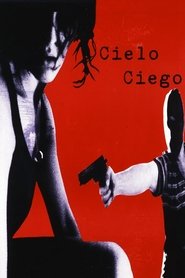 This is a film about the...
This is a film about the...Blind Sky 1998
This is a film about the life of a family of marginal thiefs, and how destiny punishes each and every one of its members. A constant contrast between a violent and a domestic world, in which violence, humor and irony, give a new layer to the social and moral conflicts of the characters. A lost house in a forest, an underground bar, a prison, a bus, fields and highways, are the spaces on which thieves, truckers, cooks and hookers collide.
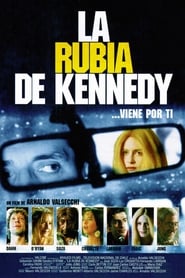 The ghost of a young German...
The ghost of a young German...La rubia de Kennedy 1995
The ghost of a young German colonist, who died a couple of hundred years ago in unclear supernatural circumstances, appears in Chile to fulfill her mythical destiny. To achieve this, she will intervene in the life of an unsuccessful publicist and his lover.
 A group of treasureseekers embark on...
A group of treasureseekers embark on...The Secret of the Ice Cave 1989
A group of treasure-seekers embark on a expedition into high adventure as they race to discover what's really located in the mysterious ice cave.
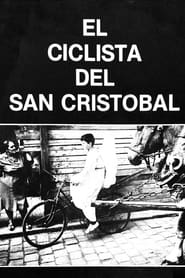 A cyclist decides to go for...
A cyclist decides to go for...Der Radfahrer von San Cristóbal 1988
A cyclist decides to go for everything and win the 'Tour of Chile' Race, so he can finance the medical treatment for his ill mother with the prize. However, he must soon recognize that the sporting event is corrupted by commercial and marketing interests, in addition to the political goals of the military regime.
 Actionadventure set in a world of...
Actionadventure set in a world of...The Lawless Land 1988
Action-adventure set in a world of the near-future, where young love is forbidden among the lower classes. Nevertheless, one couple defies their police-state world to fight and hold on to whatever love they can find.
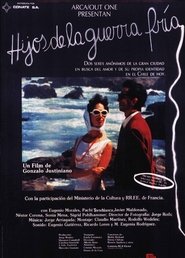 Gspar is a public employee and...
Gspar is a public employee and...Children of the Cold War 1986
Gáspar is a public employee and Rebeca works in a funeral home,they reflect the discontent of a generation that has suffered the vicissitudes of Chile in the 1980s. Through it, the film explores how the working middle class survives such a convulsive environment.
 A young working class girl falls...
A young working class girl falls...Little White Dove 1973
A young working class girl falls in love with an upper class boy who is part of the plot to assassinate General Schneider, head of the Chilean Army.

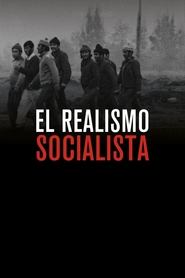 A satirical take on President Salvador...
A satirical take on President Salvador...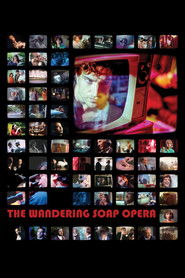 The film revolves around the concept...
The film revolves around the concept...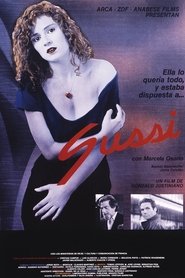 Sussi comes to the big city...
Sussi comes to the big city...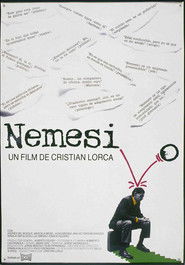 A public services employee receive the...
A public services employee receive the...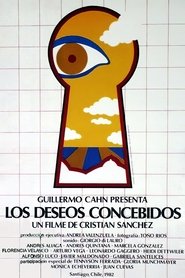 Erre a teenager that lives with...
Erre a teenager that lives with...